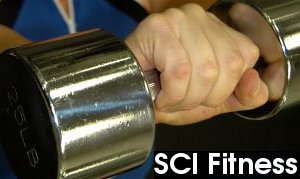High Protein Diets
Diet complements one’s exercise by providing the nutrients necessary to build up muscles, not just to supply energy. In order to gain muscle mass, it is preferable to take a lot or protein, which is often economic enough in natural forms and not in powder-based supplements such as whey protein. Eggs are a rich source of protein with 6-8 grams of protein per egg depending on its size. The drawback of eggs is the high level of cholesterol which typically, by convention, limits its consumption to 2 per day. Then there is fish, which is high in protein content and low in fat content. In fish, protein typically amounts to 20% of the overall mass, depending on the fish, the processing method, and the part of the fish. Tuna, for instance, can be up to about 28% protein if served in chunks. Like most fish, tuna comes with condiments and in various forms that include preservatives. It can be oil (of all sorts), water/brine, or even tomato sauce. It does not exactly matter which one is chosen, but the oil-dipped fish tends to just contain more undesirable fat. Tuna in general tends to also contain high levels of calcium, so it should be eaten in moderation. Sardines are another convenient source of protein. They are economic because they still exist in abundance and they are mostly processed if they are purchased in tin cans. These can also be cooked in a a stew, just like other forms of fish that tend to require more processing and potentially a long cooking process. Fish offers omega-3 fatty acid that is not as abundance in chicken for example.
Although our body is unfit to deal with a lot of dairy (this is said to depend on blood types), milk contains a lot of protein that can substitute water and also mix with many types of cereal. As for water, it is better off chosen over any sweet drinks that are mostly a modern luxury and an explosion of energy we do not truly need. For sugars we are better off with fruit and to a lesser degree vegetables, of which we need about 5 small servings per day. Originally, this was a human’s primary source of carbohydrates (which are found in very many foods these days, even in the form of harmful artificial sweeteners). Another type of food to keep away from is that which is high in fat content, e.g. cheese, cream, and certain cakes. It’s best to keep these off one’s life (or fridge) to avoid the occasional temptation. Discipline is made easier by responsible limitation.
To summarise this dietary recommendation (specifically written for someone looking to gain muscle weight), ensure intake of sufficient fruit such as bananas or apples, choose low-fat meats, consider dairy in moderation, and find a dosage of grain in cereal or other items that complement a meal with fish, even bread. Variety should be important too, but this post is not elaborate enough to go this far. In future posts, other recommendations will be made for those choosing another lifestyle or set of goals.




